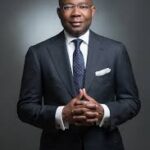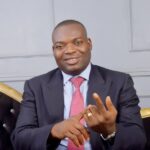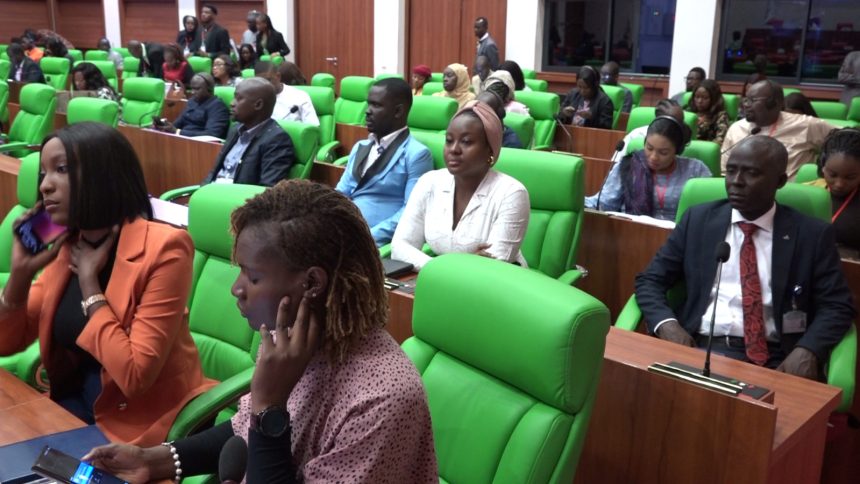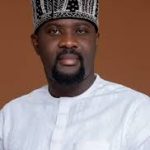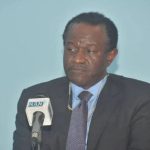By Linus Aleke, Abuja
The Nigerian Delegation to the Economic Community of West African States (ECOWAS), otherwise known as ECOWAS Parliament has defended the removal of fuel subsidy in Nigeria, arguing that the removal free up no fewer than N1 trillion annually.
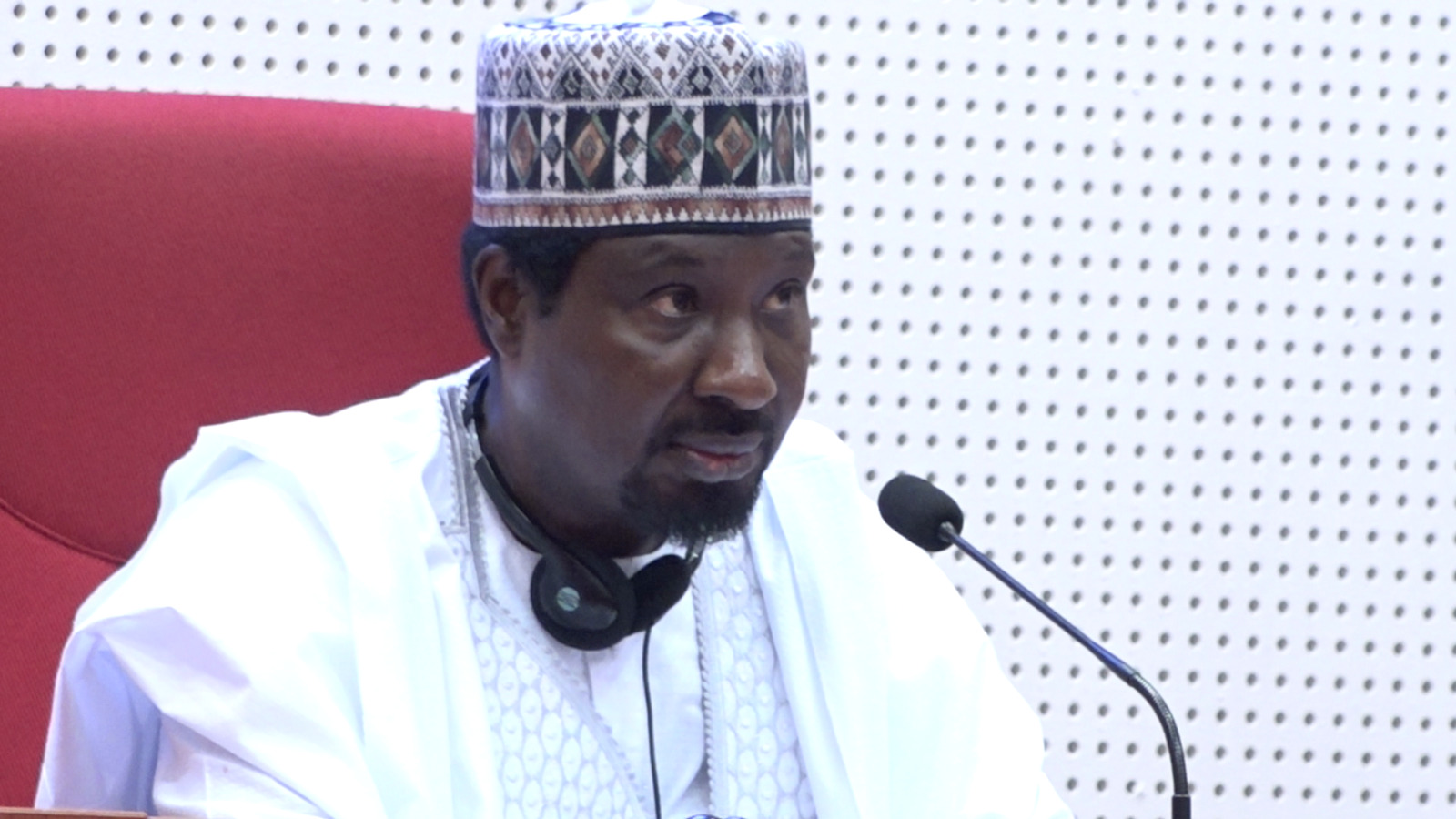
The Nigerian MPs said the country’s economy is gradually stabilizing, with a focus on its diversification.
Hon. Osita Ngwu, who presented the Nigerian Country Report on behalf of the Nigerian delegation at the ongoing First Ordinary Session of the ECOWAS Parliament, in Abuja, said the government has been implementing various reforms to improve the business environment and attracting foreign investment, stressing that under President Bola Ahmed Tinubu’s tenure, several positive economic developments are being achieved.
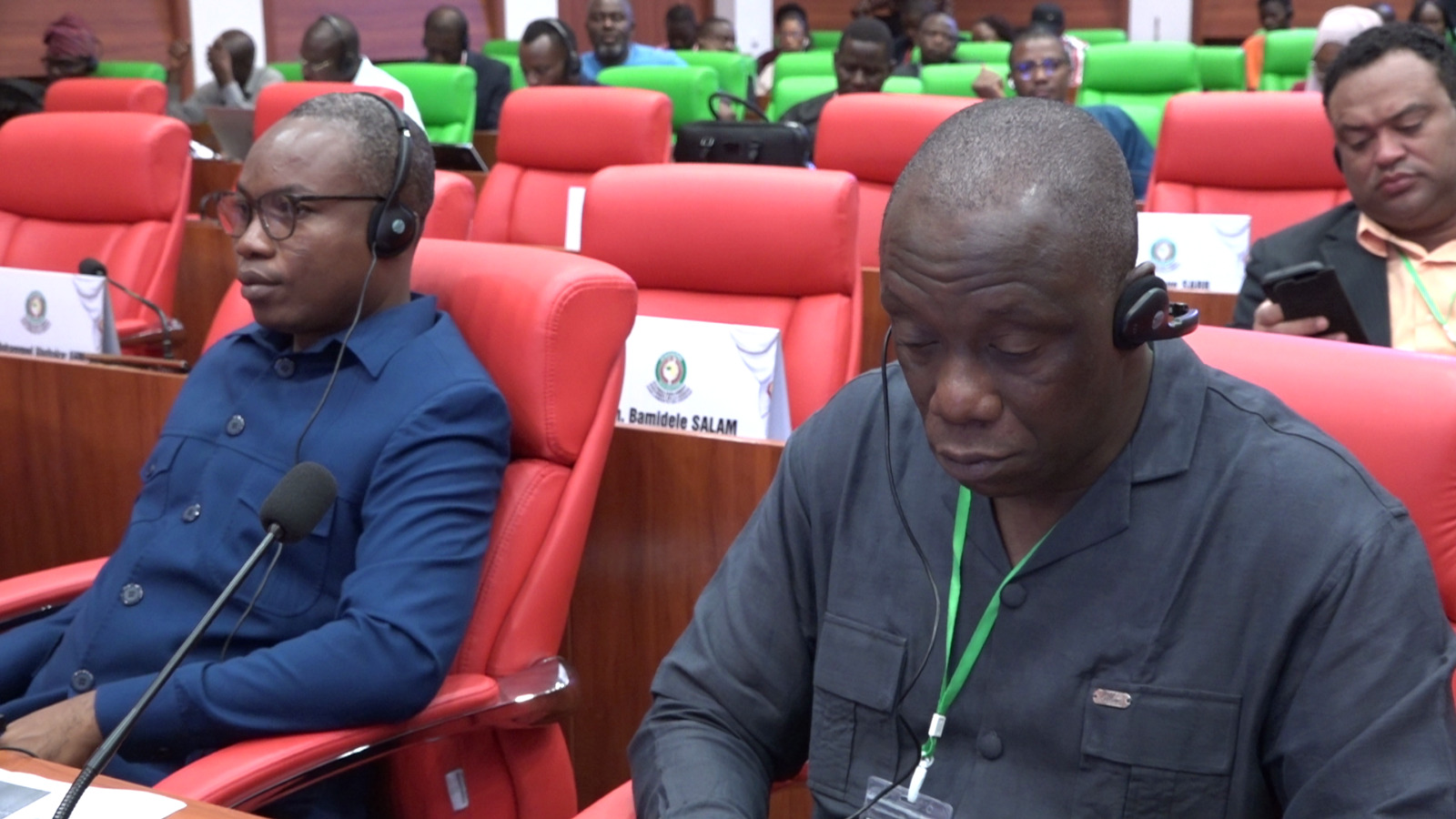
He said: “Removal of Fuel Subsidy: This significant policy change is expected to free up over N1 trillion annually, previously allocated to subsidies, for investment in critical sectors such as infrastructure, healthcare, education, and social welfare programs.
“The removal aims to reduce corruption and inefficiency in the subsidy system and encourage private investment in the downstream oil sector. Economic Growth Forecast: Despite global economic challenges, the Nigerian economy is expected to grow by 3.76% in 2024. This growth is attributed to various fiscal and monetary policies aimed at stabilizing the economy and promoting investment”.
The Nigerian delegation also noted that President Tinubu inaugurated a new economic council to provide independent advice on economic policies and reforms.
This council, he said, aims to transform Nigeria into a more prosperous and inclusive economy by promoting collaboration among different levels of government.
On unification of the Naira, Hon. Osita said the transition to a unified exchange rate regime is designed to promote transparency and reduce market distortions.
This policy change, he said, is expected to instill greater confidence in the naira and align the exchange rate with market dynamics.
He noted that the 2024 budget emphasizes critical infrastructure projects, aiming to lower the cost of doing business and improve living standards, adding that significant investments are planned in energy, transportation, and renewable energy sectors to enhance economic efficiency and sustainability.
The total labour force in Nigeria, he said is expected to rise to 78.14m in 2024. Noting that the employment rate in Nigeria is forecasted to rise to 82.02% in 2024, the Nigerian delegation said these measures reflect President Tinubu’s efforts to address longstanding economic issues and foster a more stable and prosperous economic environment in Nigeria.


